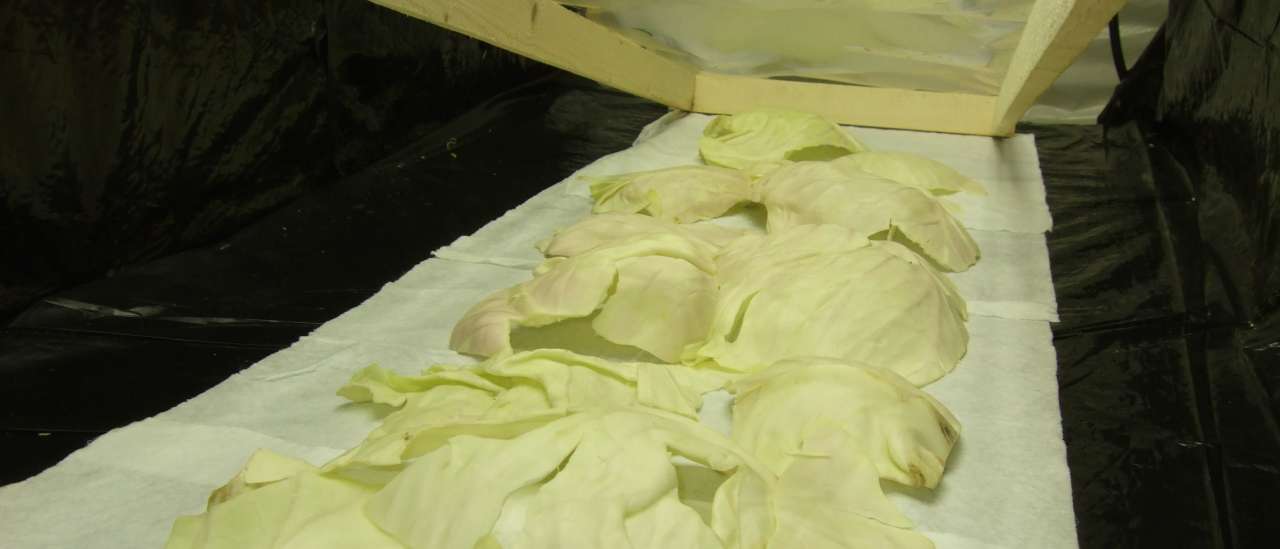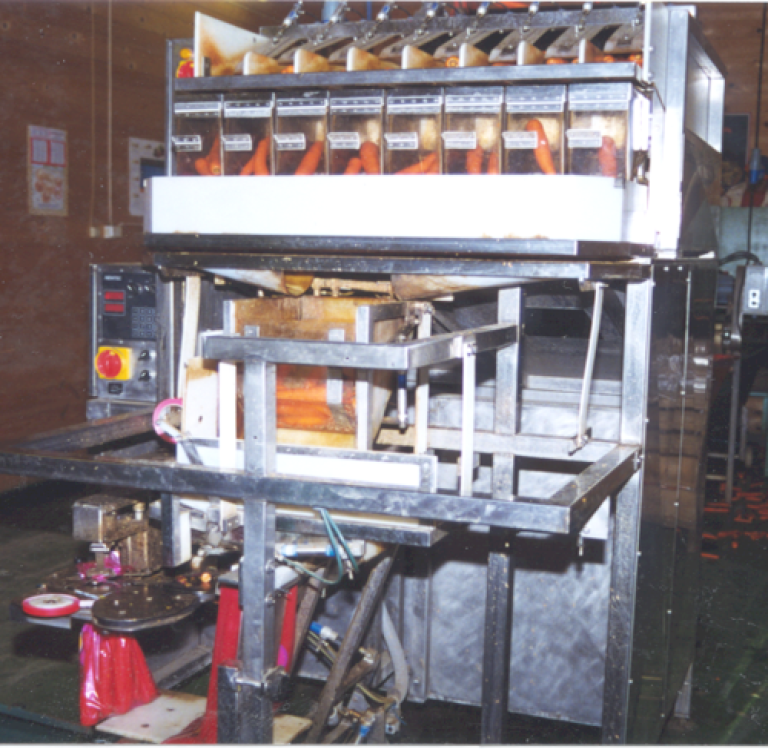Our studies have been focused on how field stress and post-harvest stress can affect the content of chemical compounds and sensory quality. Carrots are used as model crop for our tests. Results from our research showed that stress exposure trigger production of non-favored compounds that decrease sensory quality for this crop.
We also perform elicitor studies on brassica with the aim to investigate possible methods for changing the content and profile of phenolic compounds and glucosinolates. We focus on UV-B light and ultrasound treatment with respect to content of biochemical in brassica. The aim is to find possible ways to pre-treat co-streams of brassica (removed outer leaves) to be used in industrial products for food or other purposes.



